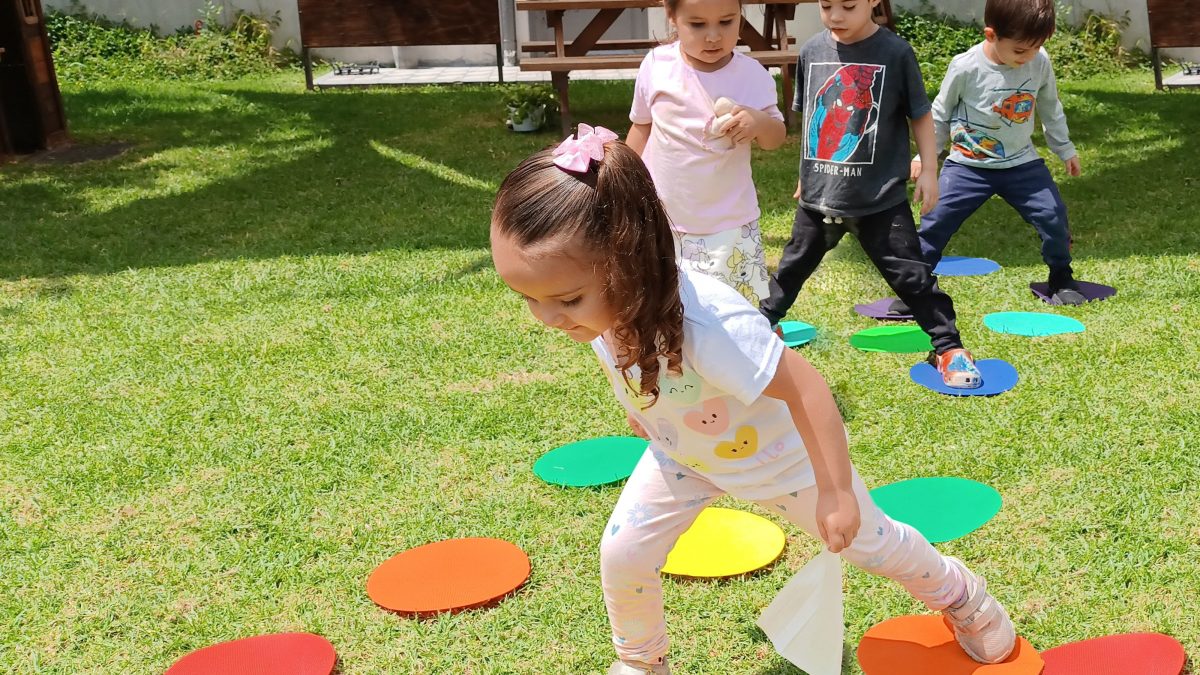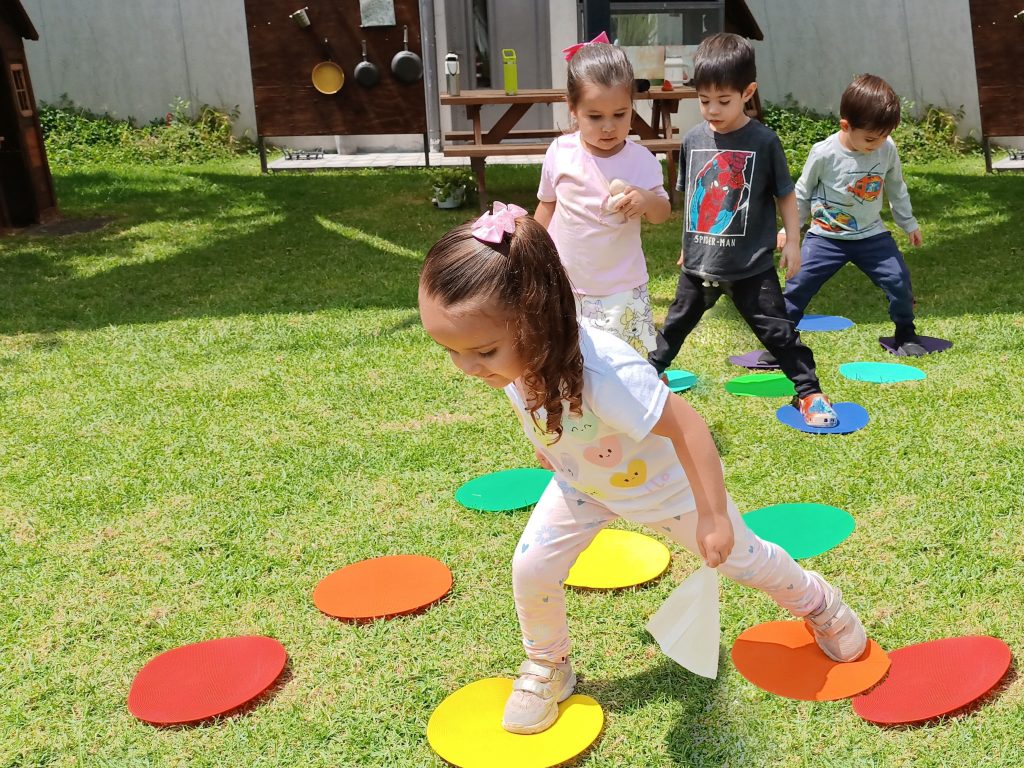The Power of Play: The Foundation for Lifelong Learning


In a world that often prioritizes grades, test scores, and academic achievements, it is easy to overlook one of the most powerful tools for learning: play. At Hábitat Learning Community, we believe that play is not a break from learning—it is learning. From infancy to adulthood, play offers cognitive, emotional, social, and physical benefits that shape how we engage with the world around us.
In this blog post, we explore why play is essential at every stage of human development, especially in childhood, and how it aligns with Hábitat’s vision of providing a high-quality, holistic education.
1. Play Fuels Brain Development
The early years of life are critical for brain development, and play stimulates essential neural pathways that lay the groundwork for future learning. Through imaginative play, children develop cognitive abilities such as problem-solving, memory, and creativity. Studies in neuroscience show that playful activities improve attention span, enhance executive functioning, and promote emotional regulation—skills essential for academic and social success.
In alignment with Hábitat’s philosophy, our learning environment offers play-based programs starting from as early as 3 months old, supporting optimal cognitive, physical, and emotional development.
2. Play Teaches Emotional Intelligence
Through games, role-play, and collaborative activities, children learn to recognize emotions, develop empathy, and manage interpersonal conflicts. Social play encourages cooperation, sharing, and negotiation skills, all of which are essential for developing emotional intelligence. This prepares children for future challenges, both in their academic journey and in their personal relationships.
At Hábitat, we believe that children thrive emotionally when they are part of a nurturing community. Our small group sizes, safe environment, and focus on collaboration create a space where children can explore emotions and build meaningful connections with peers and teachers alike.
3. Play Enhances Academic Learning
Many parents worry that play might detract from academic learning, but research shows the opposite: play enhances academic outcomes. For example, children learn mathematical concepts through activities like building with blocks or measuring during cooking play. Language skills develop as children engage in storytelling, role-playing, or interacting with their environment.
Hábitat Learning Community’s curriculum, based on the Reggio Emilia Approach®, integrates play into subjects like science, technology, and mental calculation, ensuring children acquire academic knowledge while cultivating creativity and critical thinking. Our students’ success in local and international competitions reflects how play-based learning translates into academic excellence.
4. Play Promotes Physical Health and Well-being
Physical activity is an essential component of play, promoting gross motor skills, coordination, and body awareness. Outdoor play allows children to connect with nature, engage in unstructured exploration, and build physical endurance, contributing to their overall health and well-being.
At Hábitat, children participate in sports leagues, hiking, and outdoor activities, reinforcing the importance of movement in learning. Our school also offers healthy meals prepared daily by in-house chefs, supporting children’s physical growth and development holistically.
5. Lifelong Learning Through Play
Play is not just for children. Even as adults, engaging in playful activities keeps the mind sharp, promotes mental well-being, and strengthens social bonds. Whether through sports, creative hobbies, or interactive group activities, play nurtures curiosity and a love for learning that lasts a lifetime.
At Hábitat, we foster a community of lifelong learners where both students and parents grow together. Through our Parents’ School workshops and seminars, families can explore child psychology and innovative parenting techniques, reinforcing the value of play as an essential tool for growth at any age.
6. The Role of Play in Future Readiness
In a rapidly changing world, adaptability, creativity, and problem-solving skills are crucial for success. Play-based learning nurtures these skills by encouraging children to take risks, experiment with solutions, and learn from failure. This approach ensures that children not only meet academic goals but also develop the resilience and curiosity needed to thrive in future academic and professional settings.
Our alumni have successfully transitioned to traditional education systems both locally and internationally, impressing teachers with their love of learning, English proficiency, and active participation. Hábitat’s play-centered curriculum ensures that students are future-ready, adaptable, and equipped for global opportunities.
Discover the Power of Play Today
We believe in the power of play to transform education and lives. Share this post with your friends and family, and let’s build a brighter future through joyful learning. Follow us on social media for updates and stories about how play is shaping the lives of our students every day!